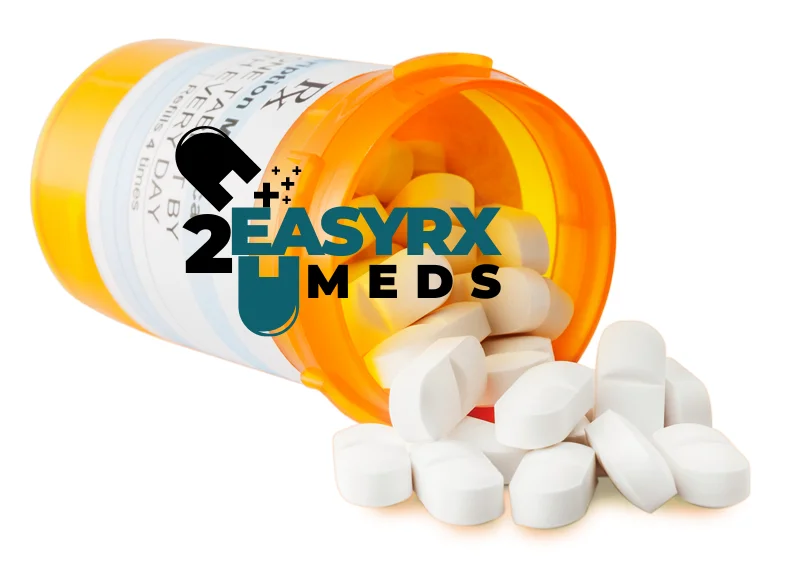There is no item in your cart
Introduction of Acetaminophen :
Acetaminophen vs paracetamol also known as paracetamol (and sold under brand names such as Tylenol), is a widely used medication that serves as both a pain reliever (analgesic) and fever reducer (antipyretic). Introduced in the late 19th century and first marketed for medical use in the mid-20th century, it has since become one of the most commonly used medications globally.
Key Points:
- Pain Relief: Acetaminophen vs paracetamol is effective for mild to moderate pain, such as headaches, muscle aches, toothaches, menstrual cramps, and arthritis.
- Fever Reduction: It helps reduce fever in both adults and children, making it commonly used to treat conditions like the common cold or flu.
- Mechanism of Action: Acetaminophen vs paracetamol works by inhibiting the production of prostaglandins in the brain, which are chemicals responsible for pain and inflammation. However, unlike nonsteroidal anti-inflammatory drugs (NSAIDs) like ibuprofen or aspirin, it does not have strong anti-inflammatory effects.
- Safety: When used as directed, Acetaminophen vs paracetamol is generally safe for most people. However, in large doses, it can cause liver damage, particularly when combined with alcohol or taken in excess over time.
- Forms and Dosage: Available in various forms—tablets, capsules, liquid suspensions, and rectal suppositories—it is often used as a first-line treatment for pain and fever due to its accessibility and relatively low side effect profile.
Benefits:
- Effective Pain Relief:
- Acetaminophen vs paracetamol s highly effective for relieving mild to moderate pain, such as headaches, backaches, muscle pain, toothaches.
- Reduces Fever:
- One of the most common uses of it is to reduce fever in both adults and children. It helps regulate the body temperature when dealing with illnesses like colds, flu, and other infections.
- Well-Tolerated:
- Compared to NSAIDs (like ibuprofen or aspirin), it generally has fewer gastrointestinal side effects, making it safer for people with sensitive stomachs or a history of ulcers and acid reflux.
- Safe for Use in Certain Populations:
- It is considered safer than NSAIDs for certain groups of people, including:
- Children: Often the first choice for managing fever and pain in pediatric patients.
- Pregnant and Breastfeeding Women: It is generally considered safe when taken in recommended doses.
- People with Heart Conditions: Unlike NSAIDs, acetaminophen does not increase the risk of cardiovascular problems.
- People with Bleeding Disorders: It is less likely to cause bleeding issues compared to aspirin or other NSAIDs.
- It is considered safer than NSAIDs for certain groups of people, including:
- Availability:
- It is available over the counter in most countries, making it easily accessible and affordable. Its presence in many combination medications for colds, flu, and other ailments increases its utility.
- Low Risk of Allergic Reactions:
- It has a lower risk of allergic reactions or hypersensitivity compared to other painkillers like aspirin, making it suitable for people who may have sensitivities to NSAIDs.
- No Blood-Thinning Effects:
- Unlike aspirin, It does not affect blood clotting, making it a safer option for individuals who are on anticoagulants (blood thinners) or those with bleeding disorders.
- Minimal Drug Interactions:
- It has relatively few drug interactions, making it a suitable choice for individuals on multiple medications, particularly elderly patients.
These benefits make it one of the most commonly used medications for pain and fever worldwide. However, careful adherence to dosage guidelines is critical to avoid potential risks, especially liver toxicity.



Reviews
There are no reviews yet.